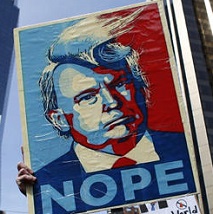
The Politics of Anti-Trumpism
When critics say that Trump as candidate would transform the Republican Party into something quite different from what it has been up to now, they are probably right.

When critics say that Trump as candidate would transform the Republican Party into something quite different from what it has been up to now, they are probably right.
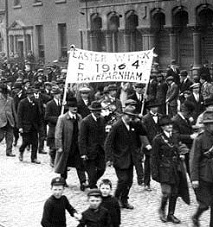
Dublin was in lockdown on March 27th as the Easter Sunday State Commemoration was held to mark the centenary of the 1916 Rising. Surrounded by an extensive ring of steel, 5,000 state dignitaries and invited VIPs witnessed an extravagant ceremony in front of the historic site of the General Post Office--The GPO—ground zero of the insurrection one hundred years ago.
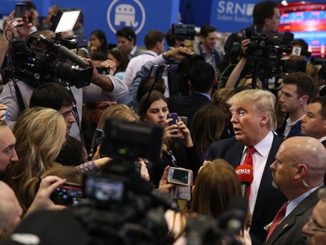
Source: Tom Dispatch
The other week, feeling sick, I spent a day on my couch with the TV on and was reminded of an odd fact of American life. More than seven months before Election Day, you can watch the 2016 campaign for the presidency at any moment of your choosing, and that’s been true since at least late last year. There is essentially never a time when some network or news channel isn’t reporting on, discussing, debating, analyzing, speculating about, or simply drooling over some aspect of the primary campaign, of Hillary, Bernie, Ted, and above all — a million times above all — The Donald (from the violence at his rallies to the size of his hands). In case you’re young and think this is more or less the American norm, it isn’t. Or wasn’t.
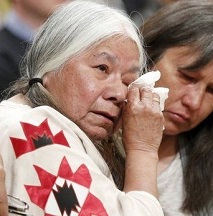
Imagine a village with all its children gone. For aboriginal peoples all across Canada, this was their lived reality, not the stuff of imagination. The story of what happened to the children – who were forcibly removed from their families and sent to military-style camps that were euphemistically called “schools” – has at last been told, compiled in the monumental six-volume Truth and Reconciliation Report released in 2015.

Source: TomDispatch
This piece has been adapted from Adam Hochschild’s new book, Spain in Our Hearts: Americans in the Spanish Civil War, 1936-1939.
“Merchants have no country,” wrote Thomas Jefferson in 1814. “The mere spot they stand on does not constitute so strong an attachment as that from which they draw their gains.” The former president was ruing the way New England traders and shipowners, fearing the loss of lucrative transatlantic commerce, failed to rally to their country in the War of 1812.
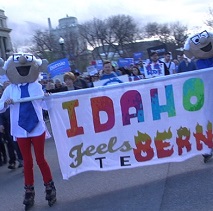
In an effort to raise awareness about the March 22nd Caucus in Idaho more than 1,500 Idahoans gathered in Boise on March 12th and took to the streets to support 2016 Presidential candidate Bernie Sanders.
Copyright Toward Freedom 2019